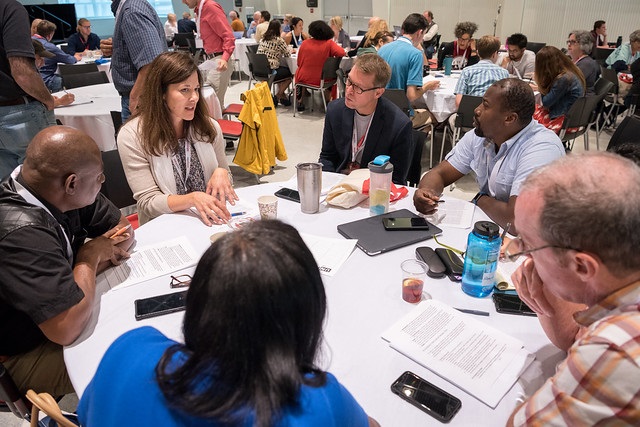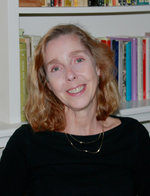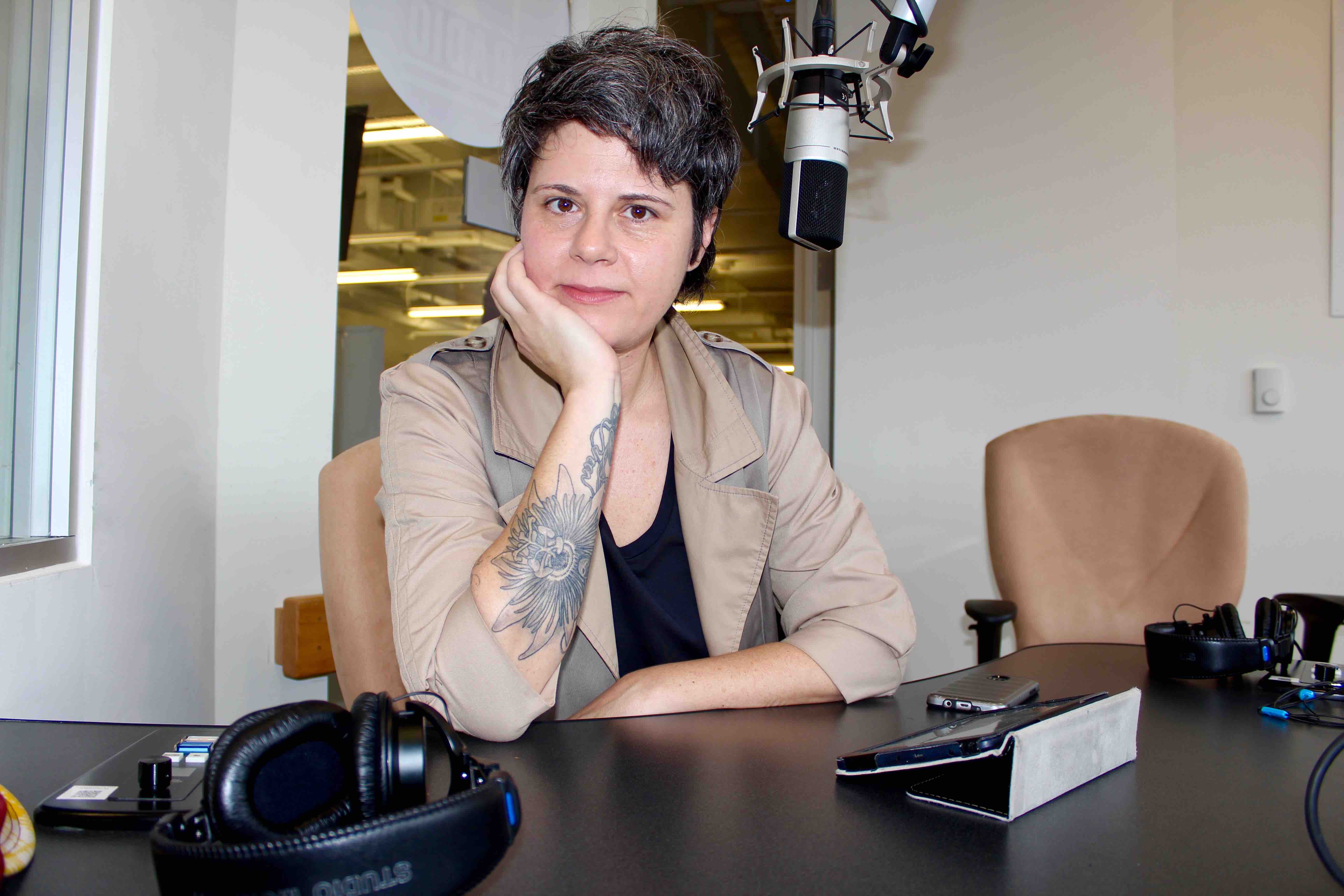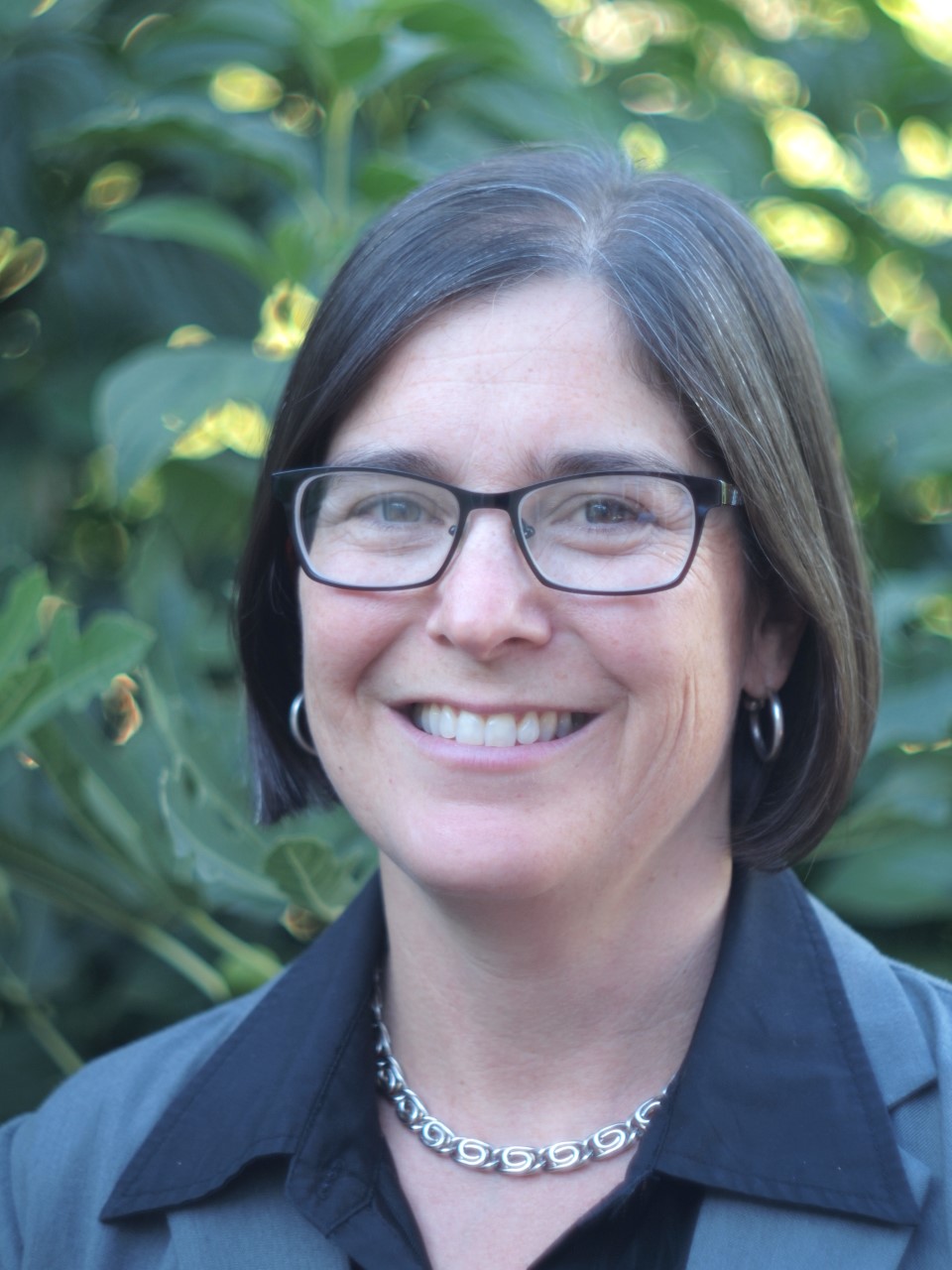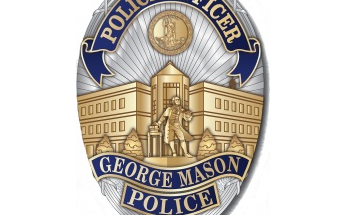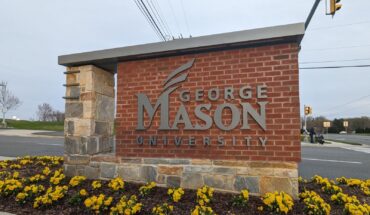BY IZZ LAMAGDELEINE, COPY CHIEF
ORGANIZATION- American Association of University Professors (AAUP)
HOW DID AAUP@MASON FORM?
So, AAUP’s chapter is an advocacy chapter, because we’re in a right-to-work state. But the advocacy chapter has its origins around 1971, so it’s actually been on campus for a long time. But as these chapters go, they can kind of go dormant for a time, and then they might be reinvigorated. And so there are (sic) sort of a tempo of trying to sustain the chapter. [It] can be challenging, because it’s essentially volunteer labor. And so you’re only as good as the people who are willing to devote [a] considerable amount of time and energy to sustain the chapter.
But it had been dormant for a number of years, and with the Scalia law school renaming, I was really frustrated at the lack of faculty power to do anything about it. The Faculty Senate was working really hard to try to slow the roll of the renaming, but the administration and the law school just really ran roughshod over any faculty concerns about the renaming. It didn’t feel like voices were being heard, and so I looked around and said, ‘What’s that organization that is lacking here?’ And I asked folks who had been a part of the AAUP@Mason for a long time if it was OK to reinvigorate the chapter, and move it into a bit more of an action-focused space, and with their support I started to try to build back the chapter here. And we actually just got our rechaptering papers from the AAUP rather recently, which just means that we reintroduced our bylaws and have a Facebook page and have some web presence and the sorts of things that—and you have to have a certain amount of members to have a chapter.
HOW WILL YOU ALL CONTINUE TO FIGHT FOR WHAT YOU STAND FOR IN THE FUTURE OF THE ORGANIZATION?
There are lots of ways. So you can continue to fight from within to support your position through things like the faculty senate, or by engaging with the administration, to have those tough conversations. And by rights, they are willing to have many of those conversations. The door isn’t closed, and I appreciate that. And their pressures are different too, and I acknowledge that. … But just like we started this conversation, talking about how do you ensure all interests are acknowledged and heard and upheld? And I think that is part of the challenge. So when faculty voices are diminished, when you don’t feel heard, when you feel too afraid to share your story because you fear retribution or you fear it will bring harm to you, that’s when the AAUP can play a clear role to articulate those concerns, to help to raise those voices so that we can champion those faculty who are concerned but maybe don’t feel in a position to push back against the administration.
FACULTY- Kristin Samuelian
WHAT MADE YOU INTERESTED IN THE TOPICS THAT YOU TEACH AND RESEARCH?
What I work on has changed over the years since my Ph.D. … I started working on the literature of the mid-19th century in Britain, novels, and it’s moved … back, so I’m sort of now early-19th century, even late-18th century. And I guess what got me interested in what kind of stuff I do is I’ve always really, really liked history. I’ve always been really interested in the relationship between a literary text and its historical context, and when I was first in graduate school I didn’t know that that was a legitimate area of scholarly concern. And when I realized that it was, then I sort of began to look into ways to talk about the way in which literary texts interact with their historical world, their cultural moment. So it started in graduate school and evolved from there.
AND YOU’VE DONE IT EVER SINCE?
Yeah, so I can remember taking a class when I was a graduate student in the Victorian novel, and just I hadn’t read any of these big, huge, fat novels … and I just, I loved it and the idea of just sort of immersing myself in these big, long texts. So at first, I just came at it from a love of reading really big, thick novels. But then I had professors in graduate school who were really interested in talking about those novel’s interactions with their cultural world. And the more you look at them, the more connections you see. So, yes, it started in graduate school.
WITH THE VERSION OF [JANE AUSTEN’S] EMMA THAT YOU EDITED, WHAT WAS THE BEST PART ABOUT WORKING WITH AND EDITING IT?
Well, truthfully, I’m biased. I think Jane Austen is one of the greatest novelists ever in any language, but especially in the English language. So the best part of it was when I got to do close readings of bits from the novels [themselves], from that novel itself, because I think her novels are unbelievably rich. And what I particularly love about Jane Austen is … the way her narrator functions in those novels. And when I teach those novels—I teach Austen’s fiction in various places—I always talk about the way in which the kind of narrator that she employs [is] this sort of disinterested narrator who is omniscient but can sort of report one character’s thoughts, and then sort of migrate over and report another character’s thoughts. But that was a relatively new phenomenon, and that she really just made it her own and really exciting. So I love to talk about point of view and think about point of view when I’m working on Austen’s fiction
WHAT’S YOUR FAVORITE THING ABOUT TEACHING AND COORDINATING IN THE ENGLISH PROGRAM?
Interacting with students. Especially students who really like what they are doing and are really interested and are really engaged in something.
FACULTY- Giovanna Chesler
HOW DID YOU GET STARTED IN MAKING DOCUMENTARIES AND FILM?
Basically, my passion for film was pretty much lifelong. And film was something that made me feel normal because I could see the worlds in which I wanted to live. But it wasn’t something I thought I could do. Then I had a professor when I was in undergrad who said to me, ‘You should be a filmmaker.’ And I was studying archeology at the time, and women and gender studies. And when I got to San Francisco, I started studying doing work, taking classes and things out of an organization called Film Arts Foundation. It was a non-profit that supported local filmmakers and 16 millimeter. Then I went to film school.
But for several years, I just freelanced, worked on sets, figured out what positions I wanted, figured out what I could handle. And realized that I wanted and needed to make films, but that my [direction] was as a director, because it was really hard to be on the crew as a woman. And I was in camera departments primarily, and it was just demoralizing to be the only technician on set who was a woman, because they treated me so poorly. But the first set I went on, I volunteered on, and it was all women and trans folks. It was an indie film, and it just totally showed me what was possible. So I’m really glad I had that experience, because it then made me want to create those film sets myself.
YOU’VE WON A BUNCH OF AWARDS FOR YOUR WORK. HOW DOES THAT MAKE IN TERMS OF YOURSELF AND THE STUDENTS YOU WORK WITH?
Well, the last awards I won were all for ‘The Pickup,’ and that film comes through the talent of students. So I feel that film, those awards, are shared by all of us. … I’m just … psyched on the films, being able to tell stories again, and be part of this program. A friend of mine was like the other day, ‘You really love your job, don’t you?,’ and I was like, ‘I do, I really do,’ and I hope that lasts for a long time. And I feel like Mason is a part of that, because when they were hiring me, I spoke my truth. I was like, ‘These are the things I care about. I care about who can access media, who can tell these stories, how to break apart the canon, how to make the film look like the world in which I live and which you live, and it needs to speak to us, for us, about us, all of it. And so that’s the program that I would want to run and build with you all.’ And they said yes. And so being hired for that vision, and being able to do that once you get here—’cause I’ve been here six years now—and see the faculty and staff who signed on for that, the students that are coming now because that’s what they want, they’re writing about it in their portfolios, and so I feel like the message is getting out there that this is the place for you and—to explore and learn but also express yourself.
FACULTY- Lisa Marie Gilman
WHAT GOT YOU INTERESTED IN STUDYING FOLKLORE?
So, every folklorist has … their story of when they encountered folklore, so I’ll try to tell you mine in a very short snippet. [It] goes all the way back to when I was an undergraduate student, and I was taking—I was a political science major, and I was taking my gen-ed requirements, and I had to take a certain number of humanities classes—so I took a sequence in English that included a folklore class, Intro to Folklore. And I took the intro class just to fulfill my gen-ed requirement, sounded like it might be interesting,and I had one of these classes where I was having epiphanies and I was walking down the street and I was like, ‘Oh my goodness, there’s folklore all around me.’ And I realized that I was very interested in politics, but I was much more interested in how politics affects people on the ground than I was in learning about the political structures. I mean, I was interested in learning about the political structures, but in terms of where I was really interested, I wasn’t so much interested in the power structures, I was more interested in how people on the ground are affected by politics and then how they interact and engage with politics. … So I realized that, and I was at a school that had a certificate in folklore but not a major, so I had to finish my major in political science, did some independent studies with professors, and tried to be able to look at the arts and politics and integrate some folklore into my studies, and then completed the certificate. And then, interestingly enough, many, many, many years later, if you look at all my scholarship it’s exactly about that. It’s about how people on the ground intersect with various political, social, economic forces. So that’s my short version of the tale.
YOU PRODUCED A DOCUMENTARY ABOUT VETERANS WHO WERE WORKING AGAINST THE IRAQ WAR. HOW DID YOU GET INVOLVED?
That was kind of a passion project. … The project that led to the book ‘My Music, My War,’ where I was interviewing veterans about music listening, was really intended not to be political. I really wanted to talk to people about their experiences and not make it political, ‘cause so much that was coming out of the media about the troops was either they’re patriotic heroes or they’re victims, and I didn’t want to do that. I really wanted to think about not the political issues, but really who are these human beings, and how do they experience war, and what’s the impact of war? So I was kind of avoiding people who are involved on one political side or the other. But through that research, I learned about this organization that was in Washington called Coffee Strong Rights outside of Joint Base Lewis-Mcchord, and I was a peace activist in college. I myself, I try to be respectful of different people’s perspectives, but my own perspective is that there’s more productive ways to resolve conflict than war. And so I went up and I visited this organization, and to me the activism of people who had been to war themselves, who had made the decision to join the military and that had gone through some transformation and were now sitting outside of an army base organizing against the war and providing services to veterans and active-duty military was just really, really compelling. And I wanted to tell their story and help to contribute to what they were doing. So I kind of took a break from the book and then spent quite a lot of time working on that project, which to me was one of the most powerful projects that I’ve done in my career so far.

